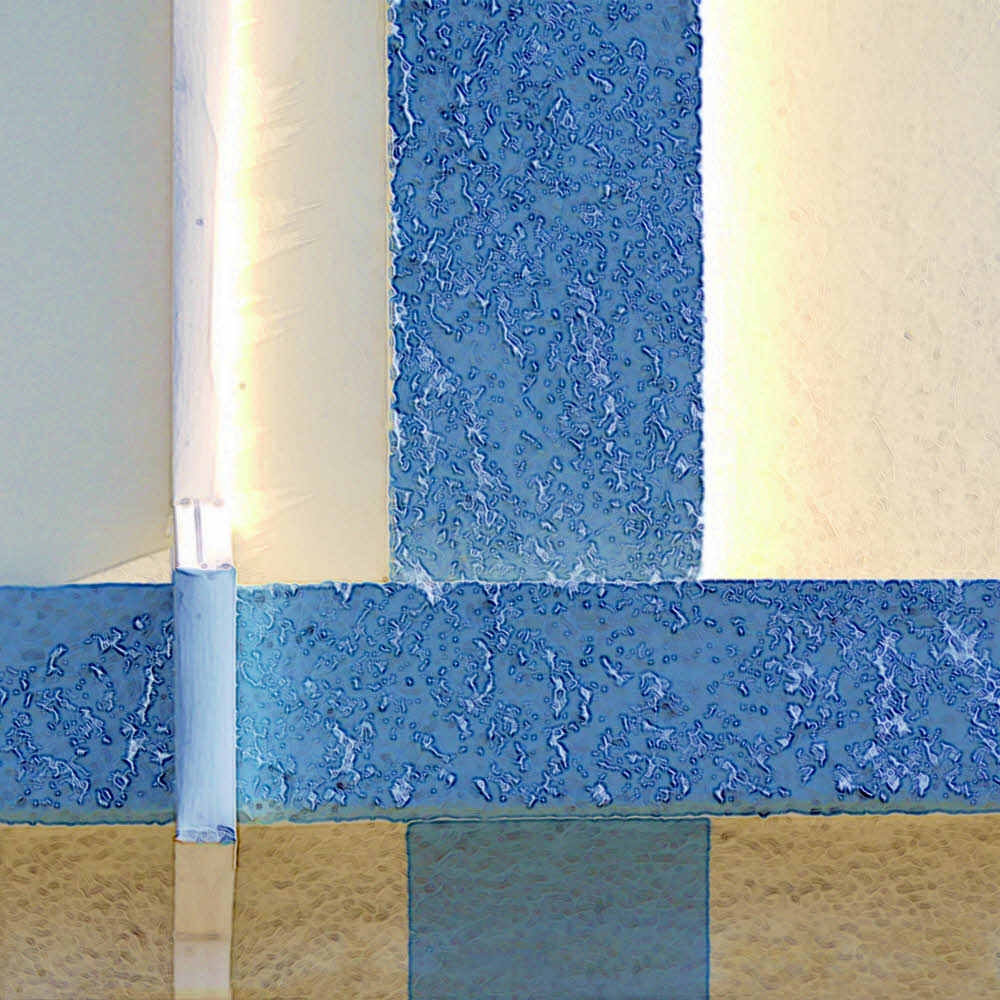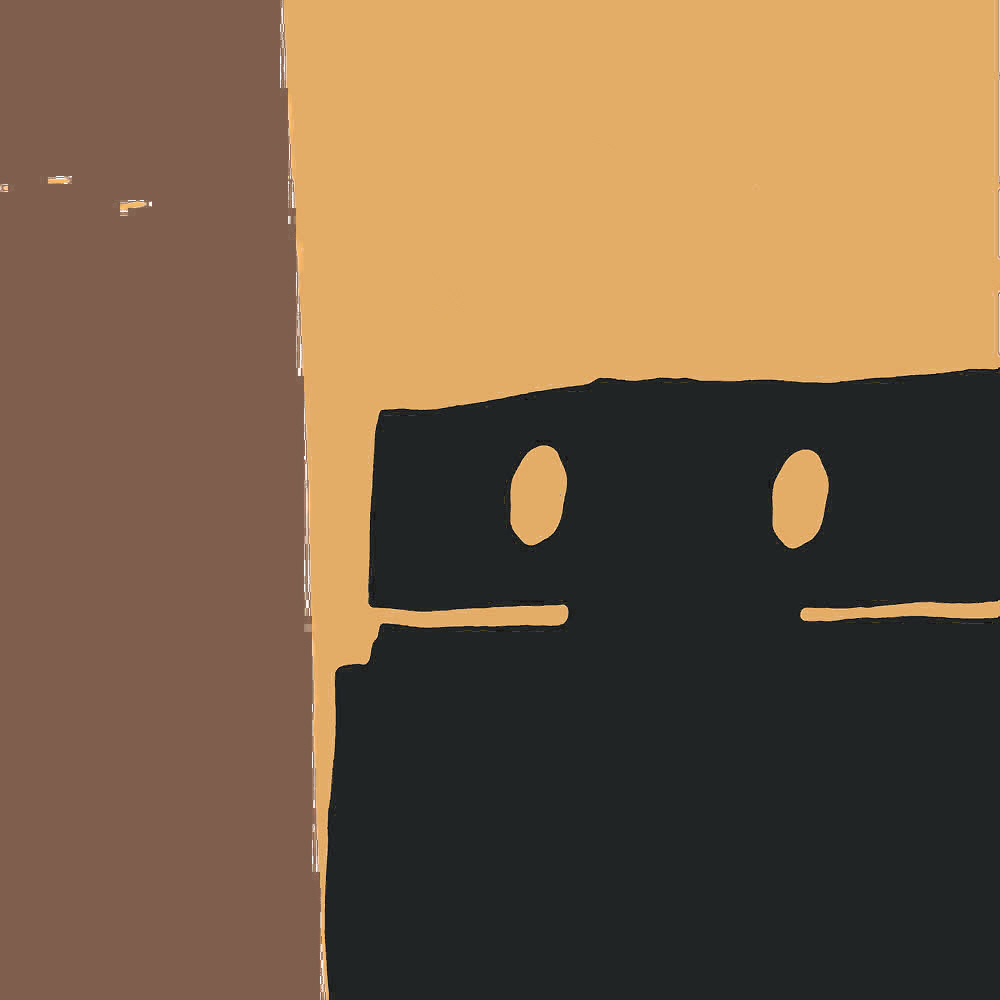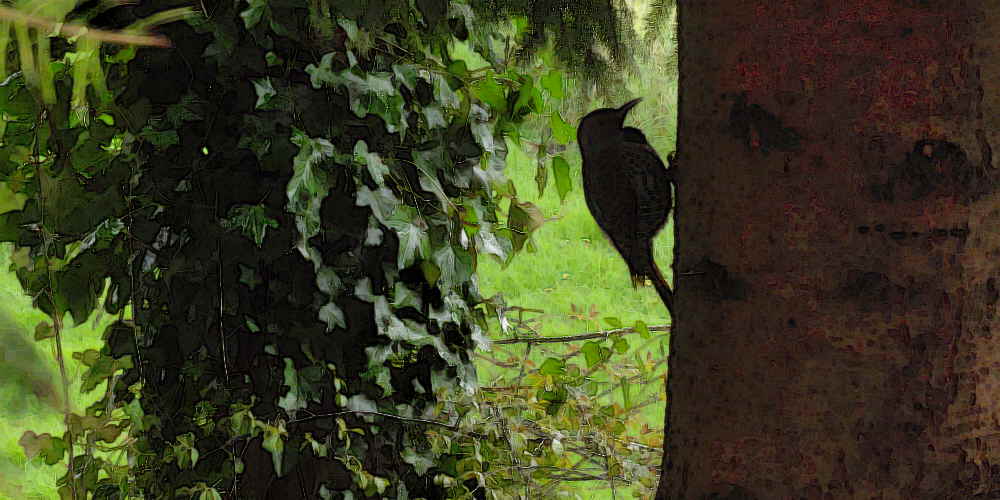Also known as: Water tank, pool, reservoir, storage tank.

A cistern is a water quality protecting catchment for runoff on heavily used trails.
A cistern will sit off to one side of the trail and quietly wait for water to come along, sometimes remaining perfectly still for months and months and months. You probably won't even notice it.
Then, faster than the eye can see, it will snap up any water that comes near it without even seeming to move.
Looking twice won't help.
It's actually that fast.
You won't even see a blur.
And, once a cistern eats all the water in its vicinity, it keeps that water in its pouch.
Water that a cistern keeps can't run downhill and get muddy and drain into a nearby stream and mess it up, so a cistern does that, and also serves as a swimming pool for bugs and a hangout for frogs, salamanders, and slime.
If you put your ear down real close to a cistern you might be able to hear all those things humming, because they like to sing, but they have really small voices, so get your ear close.
And look out because some of the stuff down there likes to bite off ears.
But judging by your looks, maybe you already know that.
The way to find out for sure is to look in a mirror and if you have only one ear or no ears at all then you've tried this already, so you can skip the listening thing. You probably can't hear that well anymore, anyhow.
Bye.


